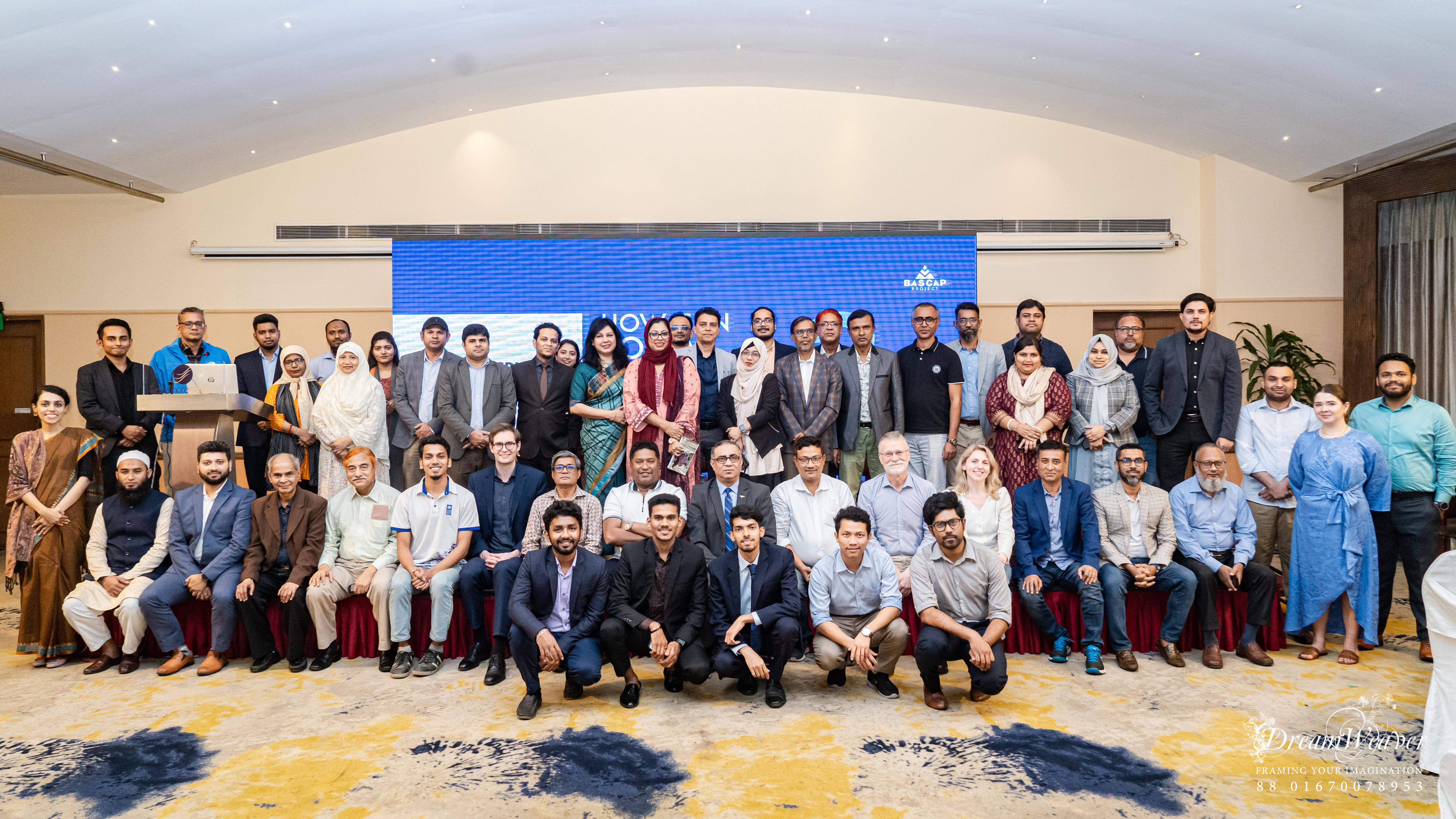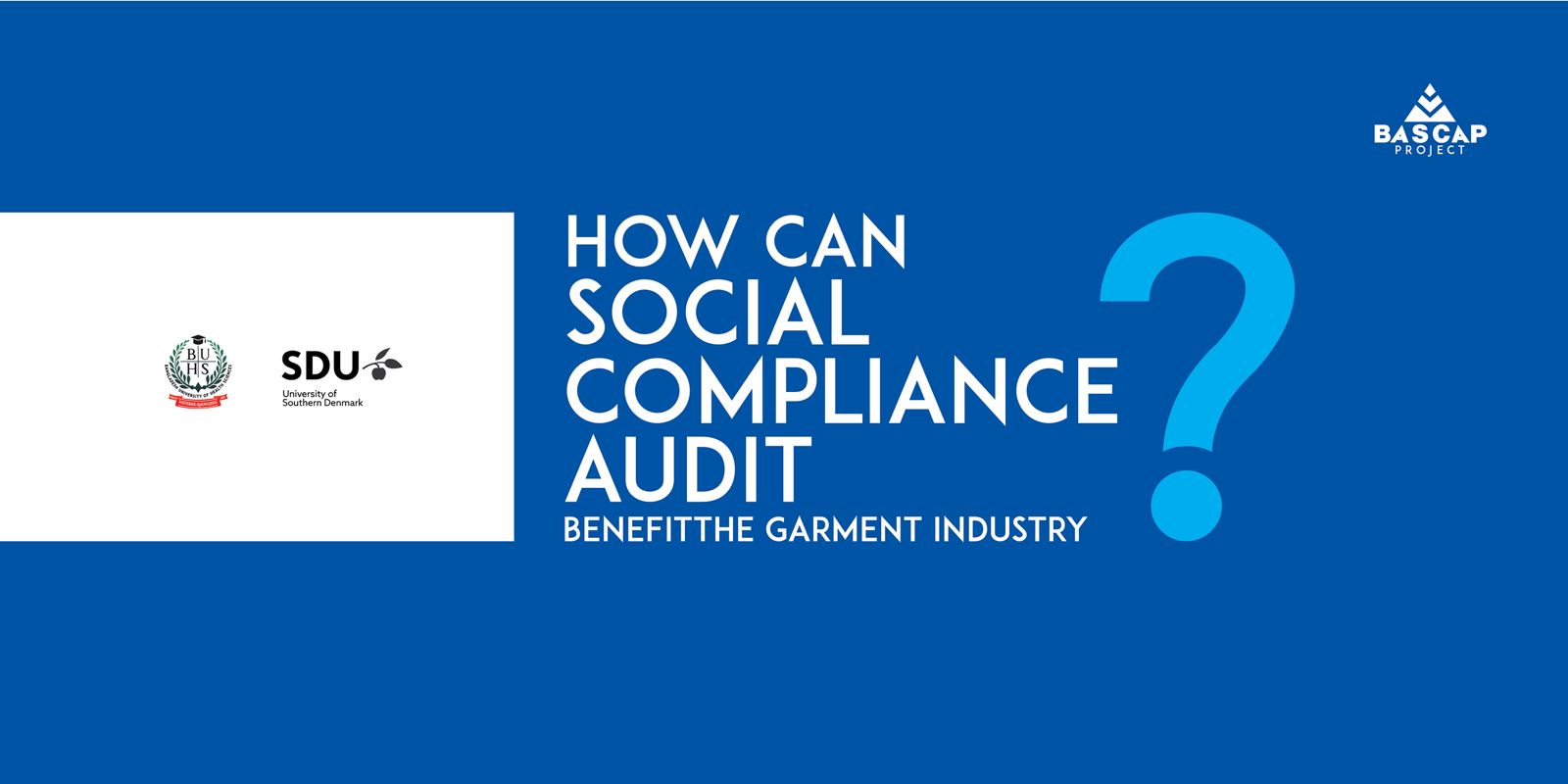-

BANGLADESH SOCIAL COMPLIANCE AUDIT PRACTICE
Collaboration between University of Southern Denmark (SDU) and Bangladesh University of Health Sciences (BUHS)
-

Wanna know more about our recent events?
Head onto the "Recent-Activity" section to learn more!
-

Discover our contact information and map location!






.jpg)
.jpg)
.jpg)
.jpg)
.jpg)
.jpg)
.jpg)
.jpg)
.jpg)
.jpg)
.jpg)
.jpg)
.jpg)
.jpg)
.jpg)
.jpg)